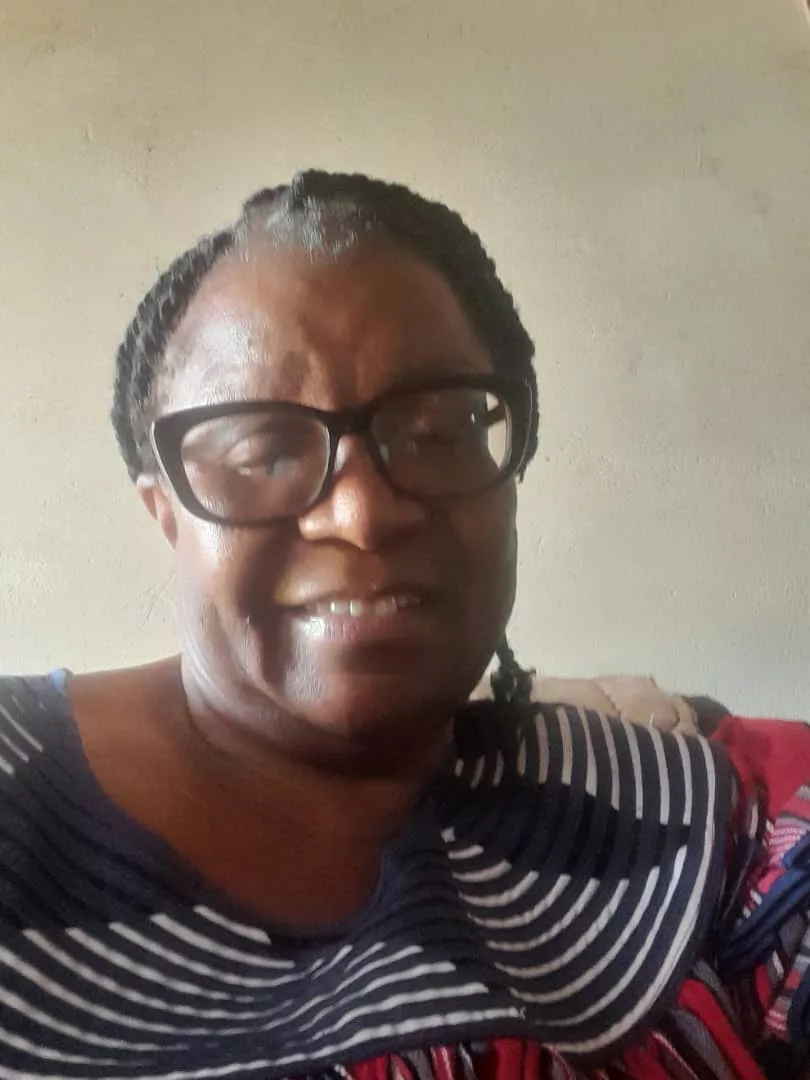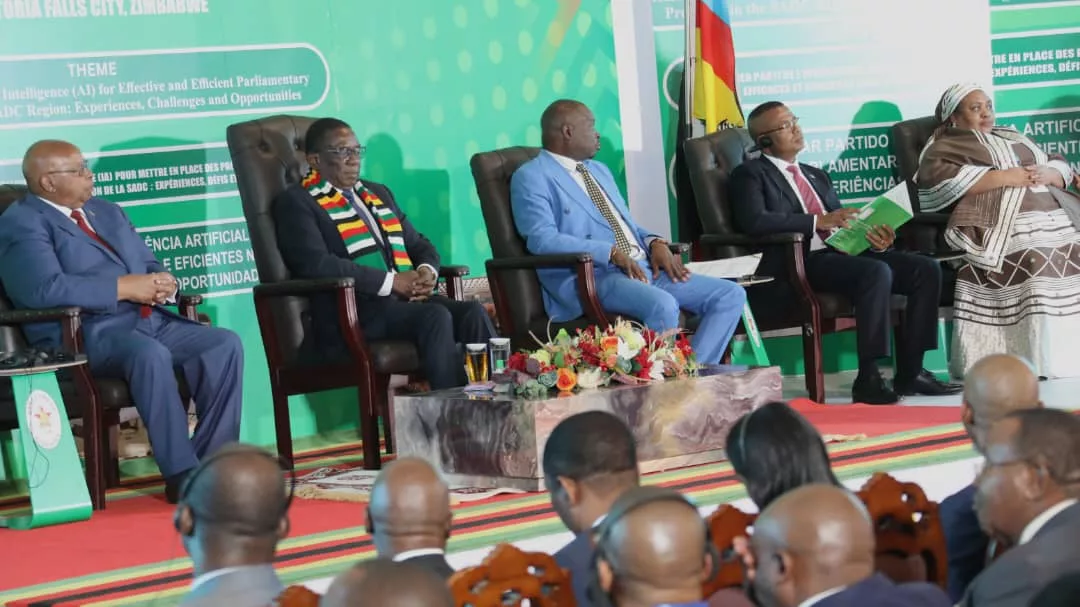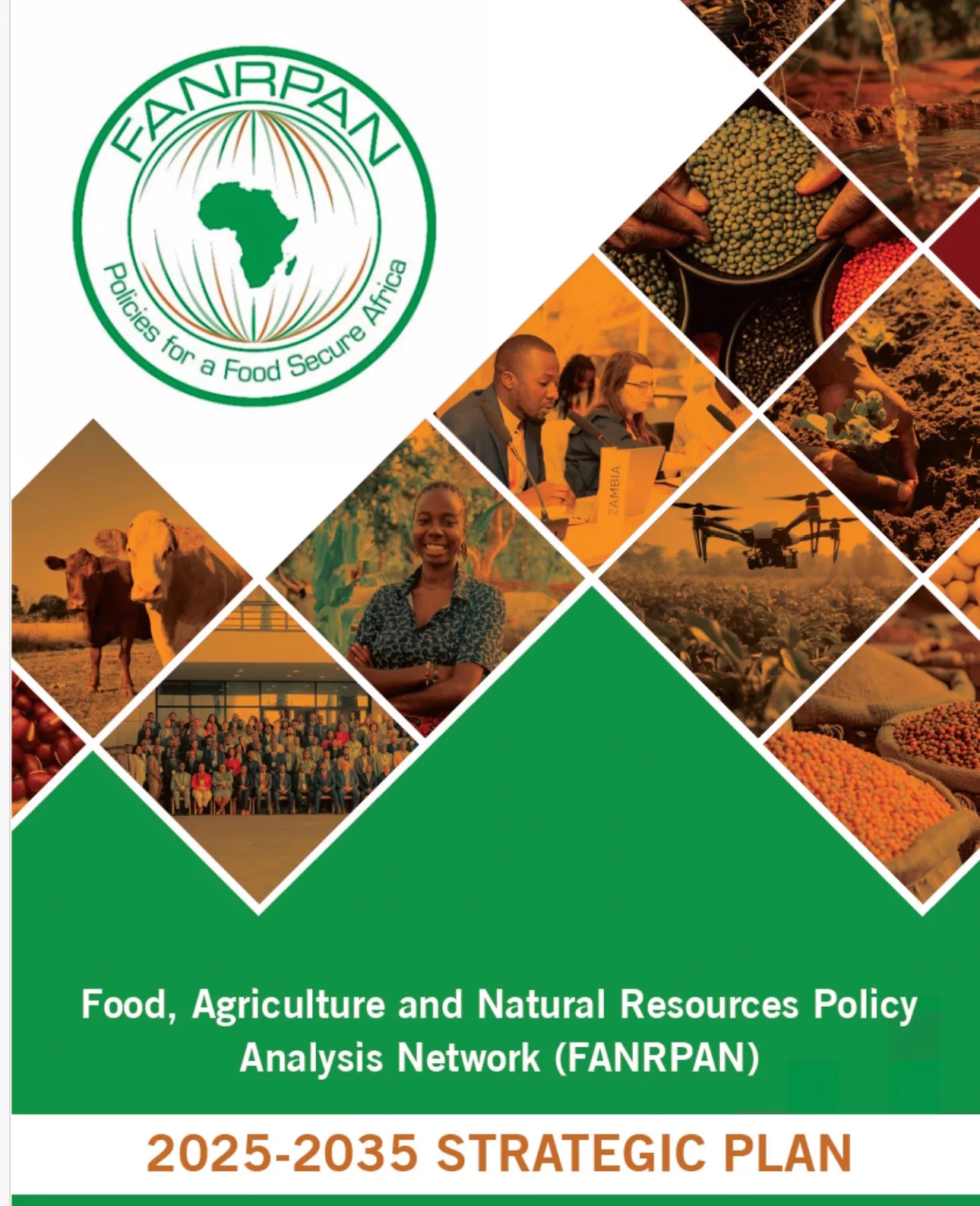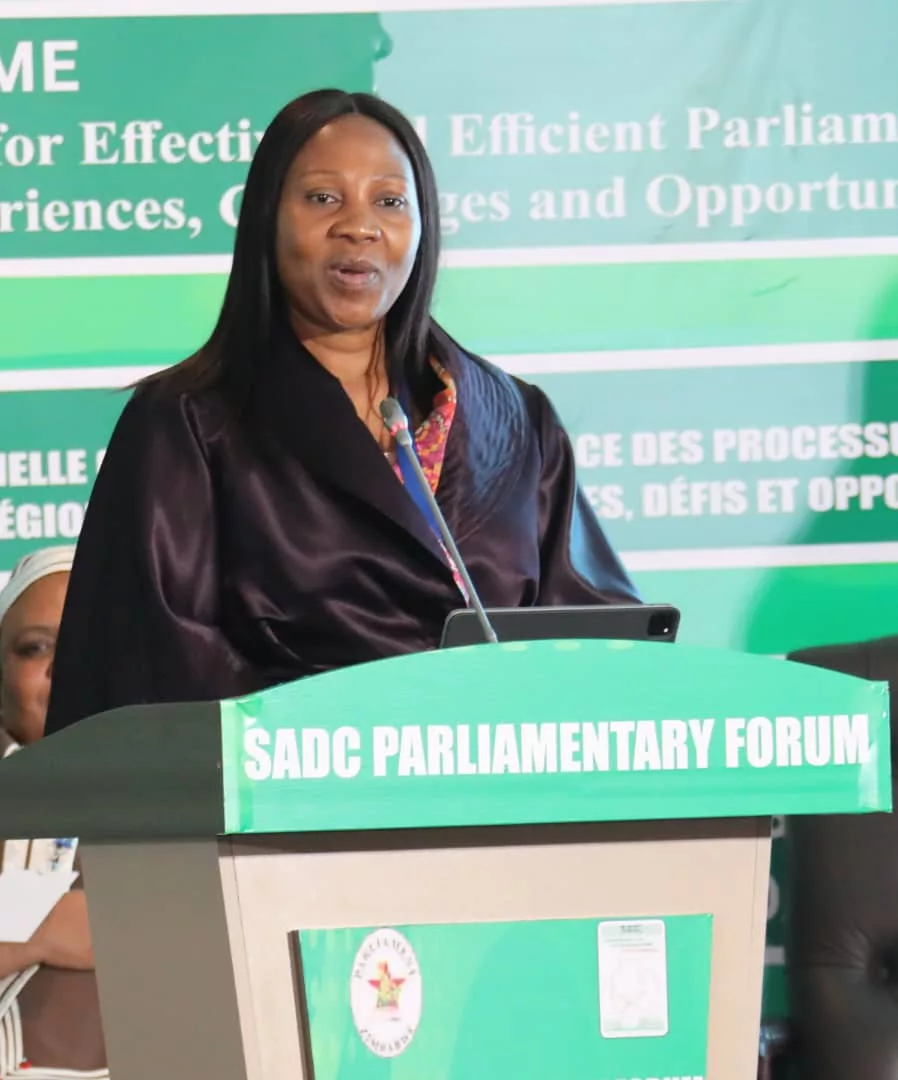|
Getting your Trinity Audio player ready...
|
Writes Abby Taka Mgugu
The civil society made up of all non-state actors in the region has an important role to play in shaping the social, economic, and political landscape of the region. This is because these institutions are closer to the population and their values resonate with these people.
Popular Participation (p8 of the treaty)
The SADC treaty calls for popular participation and contends that regional integration will continue to be a pipe dream unless the peoples of the region determine its content, form, and direction and are themselves its active agents (p8). The treaty goes further to stipulate that measures will be taken and appropriate mechanisms and institutional frameworks put in place to involve the people of the region in the process of regional integration.
The above commitment by the SADC region is augmented by Article 23 of the treaty that provides for engagement with Non-governmental organizations (note that this term forms part of the civil society or non-state actors).
Article 23 stipulates that in pursuance of the objectives of this Treaty, SADC shall seek to involve fully the people of the Region and Non-governmental organisations in the process of regional integration.
SADC shall cooperate with and support the initiatives of the peoples of the Region and non-governmental organisation in the areas of cooperation to foster closer relations among the communities, associations, and people of the Region.
This opens the doors for the regional civil society organisations to fully engage with the SADC in terms of agenda setting and conversations that will shape or determine the outcomes of the yearly summits. Civil society should also use Article 23 to hold member states to account in terms of the decisions that would have been reached at the summit.
Without being part of the agenda setting, the issues that civil society organisations deliberate on during their pre-summit meetings will not in many instances be debated in the main summit.
In this regard, the following is being proposed to ensure that civil society representing the people of the region is part and parcel of the deliberations and that their issues form centre stage in the summit agenda.
- Engage with the SADC National Contact persons at the national level
- Engage with the senior ministers who are responsible for agenda setting at national and regional levels
- Undertake research and feed into the various documents that will be presented and discussed at the summit level;
- Develop a yearly programme based on the summit outcomes and the proposed agenda for the next summit.
Unless and until civil society uses the provisions of the Treaty their pre-summit meetings will continue to be a talk show.
Civil society representing the peoples of the region has the power to shape the agenda of each summit.






